Home>Articles>Quartz Or Granite Countertops: Which Is Better
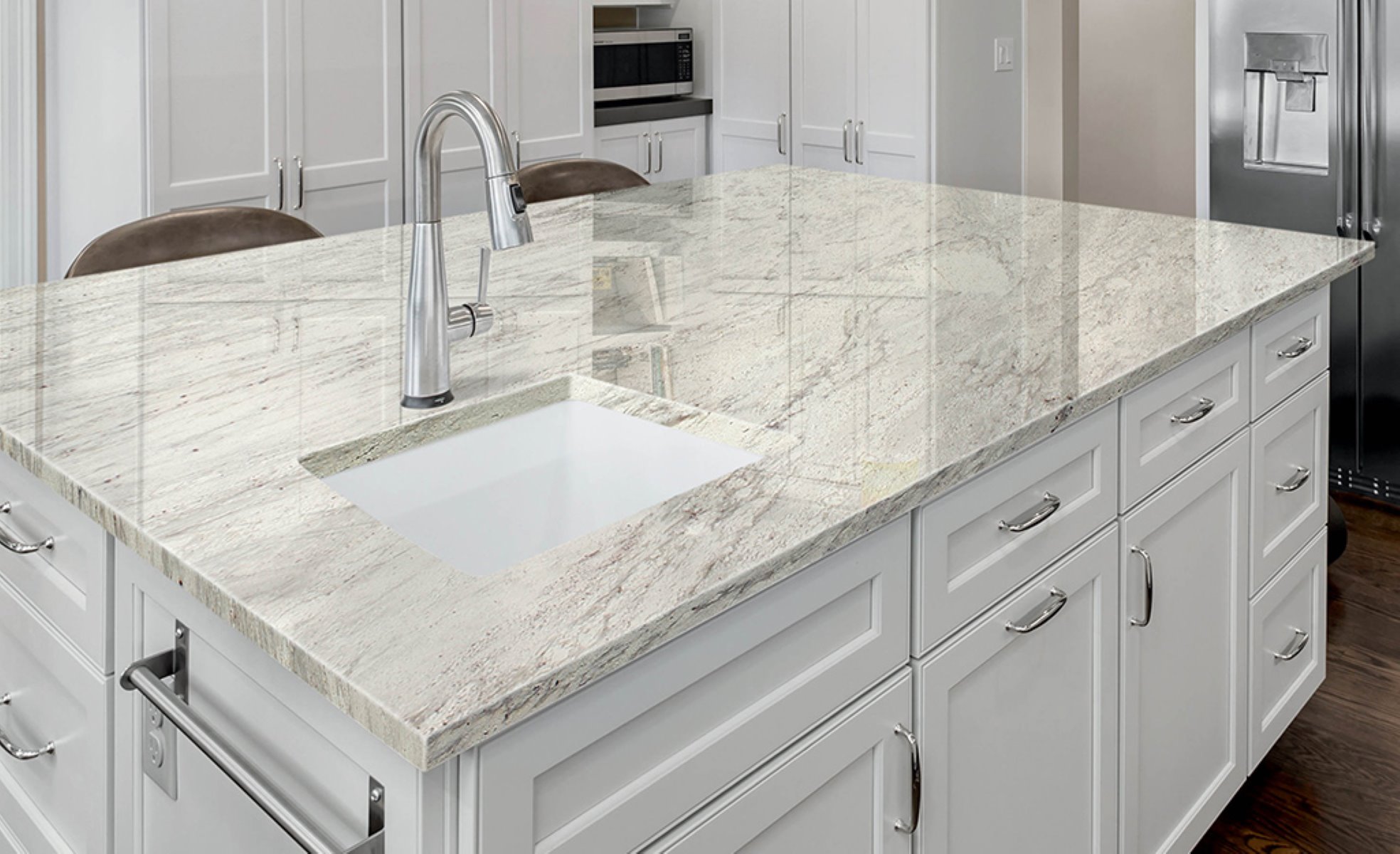

Articles
Quartz Or Granite Countertops: Which Is Better
Modified: February 24, 2024
Learn about the pros and cons of quartz and granite countertops in this informative articles. Find out which option is better for your kitchen renovation.
(Many of the links in this article redirect to a specific reviewed product. Your purchase of these products through affiliate links helps to generate commission for Storables.com, at no extra cost. Learn more)
Introduction
Choosing the right countertops for your kitchen or bathroom can be a daunting task. With so many options available, it’s important to consider factors such as cost, durability, maintenance, and aesthetics. Two popular choices for countertops are quartz and granite, but which is better?
Both quartz and granite countertops have their own unique features and benefits. In this article, we will compare these two options to help you make an informed decision for your home. From cost comparison to heat resistance, stain resistance, and more, we’ll delve into the key factors that can influence your choice.
Before we dive into the details, it’s important to understand the difference between quartz and granite. Quartz is a type of engineered stone made from a combination of natural quartz crystals and resin binders. Granite, on the other hand, is a naturally occurring igneous rock formed from the solidification of molten magma.
Now, let’s explore the various aspects of quartz and granite countertops to determine which one is better suited for your needs.
Key Takeaways:
- Quartz countertops offer low maintenance, durability, and consistent design options, making them ideal for busy kitchens and bathrooms. Their resistance to stains, heat, and scratches provides a modern and sleek aesthetic for various design styles.
- Granite countertops boast natural beauty, strength, and timeless elegance, making them a popular choice for high-traffic areas. While requiring regular maintenance, their unique variations and durability enhance the visual appeal of any space.
Cost Comparison
When it comes to cost, quartz and granite countertops have different price ranges. Granite countertops tend to be more expensive, mainly due to the sourcing and extraction process involved in obtaining natural stone. On average, granite countertops can cost between $50 and $200 per square foot, depending on factors such as color, pattern, and thickness.
Quartz countertops, on the other hand, are generally more affordable. While prices can vary depending on the brand and quality, quartz countertops typically range from $60 to $150 per square foot. The cost of quartz countertops can be influenced by factors such as design, thickness, and edge treatments.
It’s important to note that these price ranges are estimates and can vary based on location and supplier. Additionally, installation costs should also be considered when budgeting for your countertops.
When comparing costs, it’s essential to take into account the long-term value and durability of the countertops. While quartz may have a higher upfront cost, it requires minimal maintenance and is less likely to incur repair costs over time. Granite, on the other hand, may require periodic sealing and maintenance to keep it looking its best.
Ultimately, the cost comparison between quartz and granite countertops will depend on your budget and personal preferences. If you’re looking for a lower-cost option without compromising quality, quartz may be the way to go. However, if you’re willing to invest in natural stone and appreciate its unique beauty, granite can be an excellent choice.
Durability and Maintenance
When it comes to durability, both quartz and granite countertops are known for their strength and resilience. However, there are some differences to consider.
Granite countertops are incredibly durable and can withstand heat, scratches, and everyday wear and tear. They are resistant to chipping and cracking, making them a long-lasting choice for high-traffic areas like kitchens. However, granite is a porous material and requires regular sealing to prevent stains and damage from liquids. Failure to seal the countertops can result in permanent stains.
On the other hand, quartz countertops are engineered to be non-porous, making them highly resistant to stains, bacteria, and moisture. They do not require sealing, which means less maintenance over time. Quartz countertops are also highly durable and can withstand heat up to a certain limit, although it’s still recommended to use heat pads or trivets to protect the surface.
In terms of maintenance, granite countertops require regular cleaning with mild soap and water. It’s important to avoid using acidic or abrasive cleaners that can damage the sealant. Additionally, any spills should be promptly wiped up to prevent staining. Quartz countertops, on the other hand, are easy to clean with mild soap and water or a non-abrasive household cleaner. They also tend to be more resistant to staining, making them a low-maintenance option.
Overall, both quartz and granite countertops are durable options for your home. If you’re willing to invest time in regular maintenance and sealing, granite can be a great choice. However, if you’re looking for a low-maintenance option that is resistant to stains and offers consistent durability, quartz might be the better option for you.
Aesthetics and Design Options
When it comes to aesthetics, both quartz and granite countertops offer a wide range of options to suit various design preferences.
Granite countertops are praised for their natural beauty and unique patterns. Each slab of granite is distinct, with its own veining and color variations. This natural variation adds character and a sense of uniqueness to the countertops. Granite is available in a wide range of colors, including black, white, gray, brown, and various shades of blue and green. This versatility allows you to find a granite countertop that complements your kitchen or bathroom design.
Quartz countertops, on the other hand, are engineered and offer a more consistent appearance. Since quartz is manufactured using a blend of natural quartz crystals and resins, it can be produced in a wide range of colors and patterns. This consistency in design makes it easier to match with your overall aesthetic and design scheme. From subtle neutrals to bold statement colors, there is a quartz countertop option to suit every style.
In terms of finish, both quartz and granite countertops offer several options. The most common finishes include polished, honed, and leathered. A polished finish gives the countertops a glossy and reflective appearance, while a honed finish provides a smooth and matte look. A leathered finish has a textured surface that adds depth and dimension to the countertops.
When considering aesthetics and design options, it’s important to choose a countertop that complements the rest of your space. Take into account factors such as the color scheme, cabinetry, flooring, and overall design style. Both quartz and granite countertops can enhance the beauty of your kitchen or bathroom, so it ultimately comes down to personal preference and the aesthetic appeal you desire.
Heat Resistance
One important factor to consider when choosing countertops is their heat resistance. Kitchens, in particular, experience high temperatures from cooking appliances such as stovetops, ovens, and hot pots and pans. Therefore, it’s crucial to select a countertop material that can withstand heat without being damaged.
Granite countertops are known for their exceptional heat resistance. They can handle hot pots and pans without causing damage or discoloration to the surface. However, it’s important to note that prolonged exposure to extreme heat can still cause thermal shock and potentially damage the sealant. To be on the safe side, it’s advisable to use trivets or heat-resistant pads to protect the surface and prevent any potential harm.
Quartz countertops are also heat resistant, but they have some limitations. While they can handle moderate heat, prolonged exposure to high temperatures can cause damage to the resin used in the manufacturing process. Therefore, it’s necessary to use caution and protect the surface by using trivets or hot pads when placing hot items directly on the countertop.
It’s important to mention that even though both granite and quartz countertops are heat resistant, it’s best to practice caution and avoid direct contact with extremely hot objects. Additionally, sudden changes in temperature, such as placing a hot pan on a cold surface, can also cause thermal shock and potentially damage the countertops.
Ultimately, when it comes to heat resistance, granite countertops have a slight advantage. However, with proper care and taking necessary precautions, both granite and quartz can withstand the heat of everyday kitchen activities.
When choosing between quartz and granite countertops, consider the level of maintenance you are willing to commit to. Quartz is low maintenance and non-porous, while granite requires regular sealing to prevent staining.
Stain Resistance
Stain resistance is a crucial factor to consider when choosing countertops, as spills and stains are inevitable in kitchen and bathroom areas. Both quartz and granite countertops offer varying levels of stain resistance.
Granite countertops, while durable, are a porous natural stone and require proper sealing to resist stains. If not sealed regularly, liquids such as wine, oil, and acidic substances can seep into the surface, causing stains that can be challenging to remove. It’s essential to promptly wipe up spills and avoid leaving any acidic or staining substances on the countertops for an extended period.
On the other hand, quartz countertops are engineered to have a non-porous surface. This non-porous nature makes them highly resistant to staining from liquids such as wine, vinegar, and even oils. The non-porous surface prevents spills from penetrating the countertop, making it easier to clean and maintain. Routine cleaning with mild soap and water or a non-abrasive household cleaner is typically sufficient to keep quartz countertops stain-free.
While both quartz and granite countertops have their level of stain resistance, it’s important to note that no countertop material is entirely immune to staining if proper care and maintenance are not followed. It’s still recommended to promptly clean up any spills and avoid leaving potentially staining substances on the surface.
In summary, when it comes to stain resistance, quartz countertops have a clear advantage due to their non-porous nature. With their resistance to liquids and potential stains, quartz countertops offer an easy-to-maintain surface that retains its beauty for years to come.
Scratches and Damage
When it comes to scratches and damage, both quartz and granite countertops have their own strengths and weaknesses.
Granite countertops are known for their durability and are highly resistant to scratches. They can withstand the normal wear and tear of daily use in kitchens and bathrooms. However, it’s important to note that while granite is scratch-resistant, it is not entirely scratch-proof. Sharp or abrasive objects like knives or scouring pads can still potentially leave scratches on the surface. It’s recommended to use cutting boards and avoid dragging heavy or sharp objects across the countertop to minimize the risk of scratches.
Quartz countertops, on the other hand, also possess excellent scratch resistance. The engineered nature of quartz makes it a highly durable material that can handle everyday use without significant scratching. However, like granite, it’s important to use cutting boards and avoid using sharp or abrasive tools directly on the countertop surface.
In terms of damage, granite and quartz countertops can both withstand moderate impacts without major issues. However, it’s important to exercise caution and avoid dropping heavy objects onto the surface, as they can cause cracks or chips. While both materials are resilient, the edges and corners of countertops are more susceptible to damage. It is advisable to handle heavy objects with care and avoid placing excessive weight on unsupported areas.
If your granite or quartz countertop does get scratched or damaged, it’s recommended to consult a professional for repair. They can assess the extent of the damage and provide guidance on the best course of action.
In summary, both granite and quartz countertops offer good scratch and damage resistance when used and cared for properly. Avoiding direct contact with sharp or abrasive objects, using cutting boards, and taking precautions to prevent heavy impacts will help maintain the pristine condition of your countertops over time.
Environmental Impact
When it comes to environmental impact, there are several factors to consider when choosing between quartz and granite countertops.
Granite countertops are made from natural stone, which is a finite resource obtained through mining. The extraction process can have a significant impact on the environment, including habitat destruction, soil erosion, and water pollution. However, many granite suppliers now employ sustainable practices to minimize these impacts. Additionally, because granite is a natural material, it does not emit harmful chemicals or toxins into the air.
Quartz countertops, on the other hand, are an engineered product made from a combination of natural quartz crystals and resin binders. The manufacturing process involves mining quartz, crushing it into small particles, and then mixing it with resin to create the solid surface. While the resin used is typically considered safe and non-toxic, it can contain some chemicals that may be of concern to environmentally conscious consumers. It’s important to research and choose quartz countertops from manufacturers that prioritize sustainable and environmentally friendly production practices.
Furthermore, quartz countertops have the advantage of being a highly durable option, which can reduce the need for replacement and result in less waste over time. In contrast, granite countertops, while also durable, can experience damage that may require repairs or even replacement.
It’s worth noting that the environmental impact of countertops extends beyond the material itself. The transportation and installation process can also have environmental consequences due to energy consumption and carbon emissions. Choosing locally sourced materials and selecting professional installers who prioritize eco-friendly practices can help minimize the overall environmental impact.
In summary, both quartz and granite countertops have environmental considerations to take into account. While granite is a natural resource with potential ecological impacts during extraction, quartz is an engineered product that requires careful consideration of the chemicals used in its manufacturing process. Ultimately, choosing environmentally friendly options and practicing sustainable habits, such as recycling and proper disposal of waste, can help mitigate the environmental impact of your countertop choice.
Conclusion
Choosing between quartz and granite countertops ultimately comes down to personal preferences, budget constraints, and the specific needs of your home. Both options offer unique benefits and considerations to keep in mind.
Quartz countertops are a popular choice for those seeking durability, low maintenance, and a wide variety of design options. They are highly resistant to stains, heat, and scratches, making them ideal for busy kitchens and bathrooms. With consistent patterns and colors, quartz countertops provide a modern and sleek aesthetic that can seamlessly blend with various design styles.
On the other hand, granite countertops have their own allure, with natural beauty and unique variations. They are known for their strength and durability, making them a popular choice for high-traffic areas. While granite requires regular sealing and maintenance, it offers a timeless and elegant look that can enhance the visual appeal of any space.
Considerations such as cost, durability, maintenance, heat resistance, stain resistance, scratches, and environmental impact should all be taken into account when making your decision. It’s essential to weigh these factors against your personal preferences and priorities.
Ultimately, there is no definitive answer as to which is better between quartz and granite countertops. It’s important to evaluate your individual needs and preferences to make an informed decision. Consulting with professionals and visiting showrooms to see samples firsthand can also help you envision the final result and make a confident choice.
Whichever option you choose, investing in high-quality countertops and proper care and maintenance will ensure that your kitchen or bathroom remains functional and visually appealing for years to come. So take your time, do your research, and select the countertop material that best fits your lifestyle and design vision.
Frequently Asked Questions about Quartz Or Granite Countertops: Which Is Better
Was this page helpful?
At Storables.com, we guarantee accurate and reliable information. Our content, validated by Expert Board Contributors, is crafted following stringent Editorial Policies. We're committed to providing you with well-researched, expert-backed insights for all your informational needs.
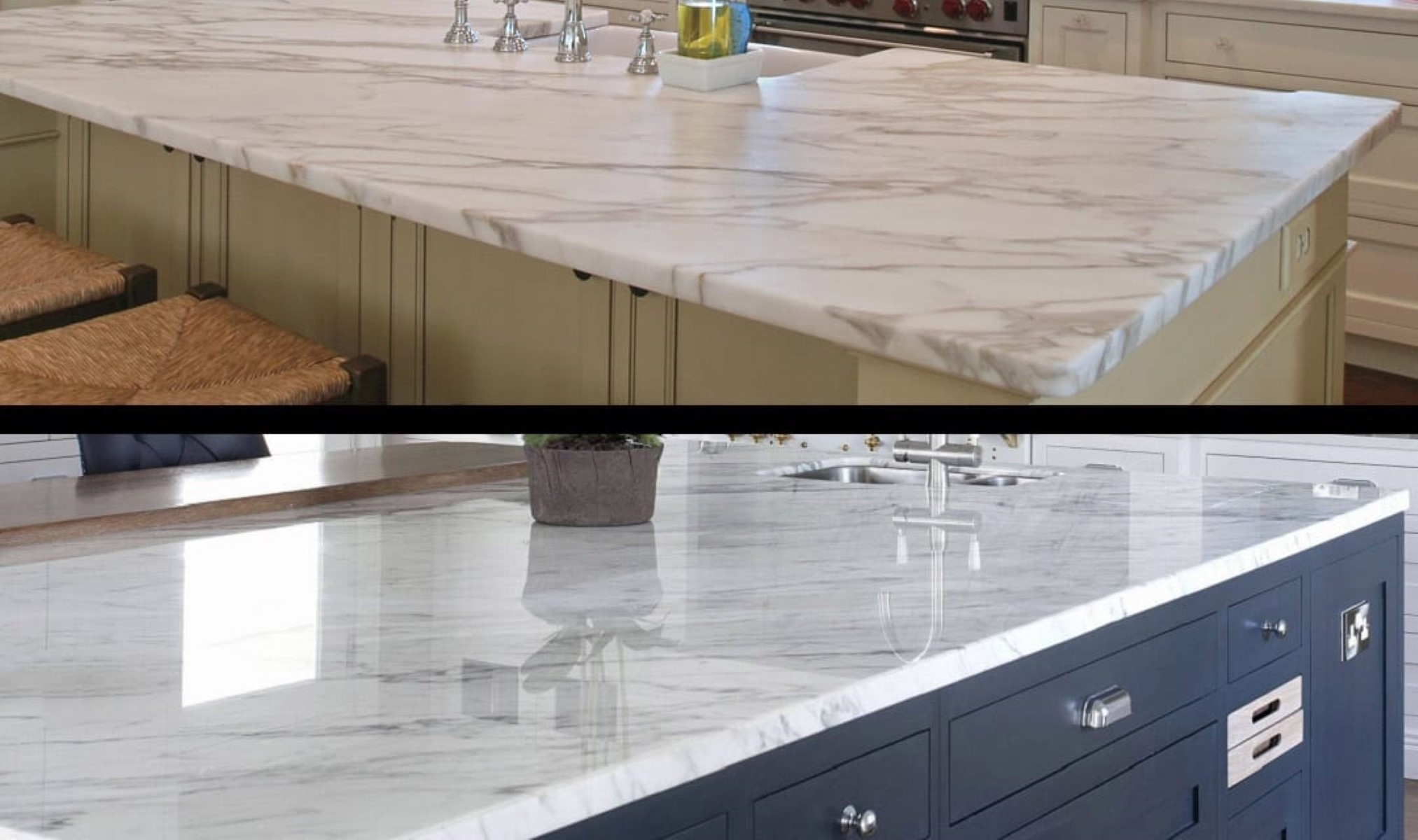
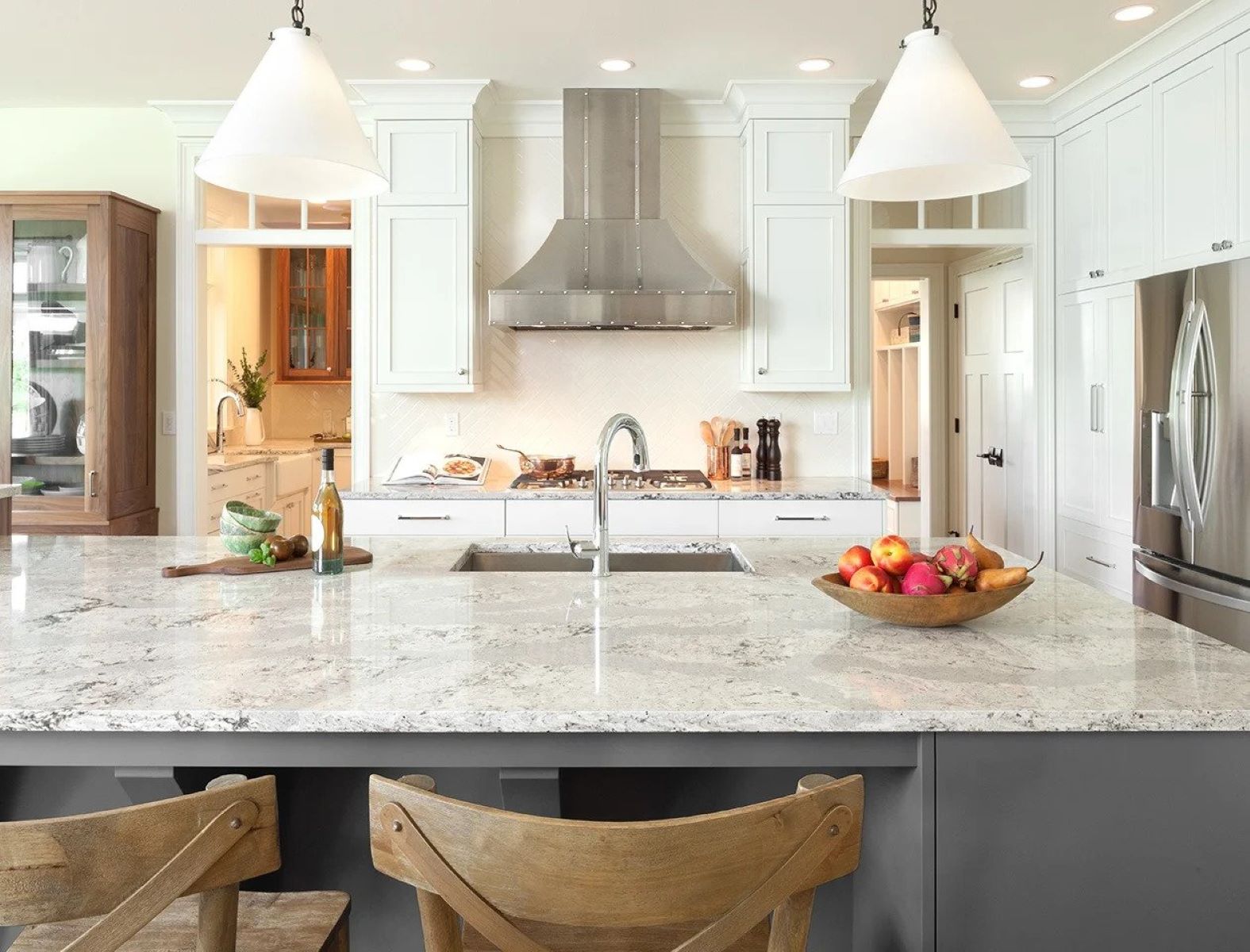
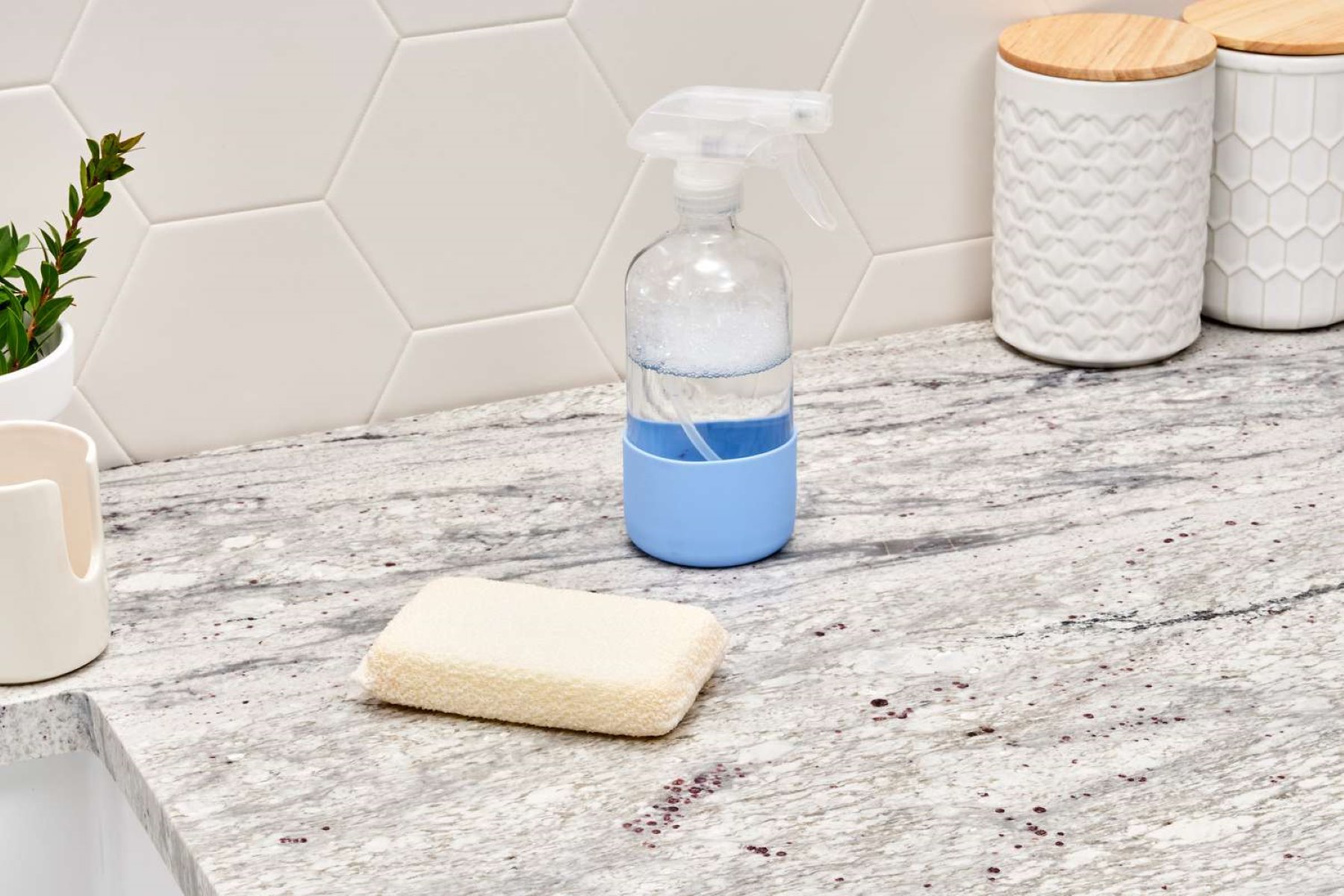
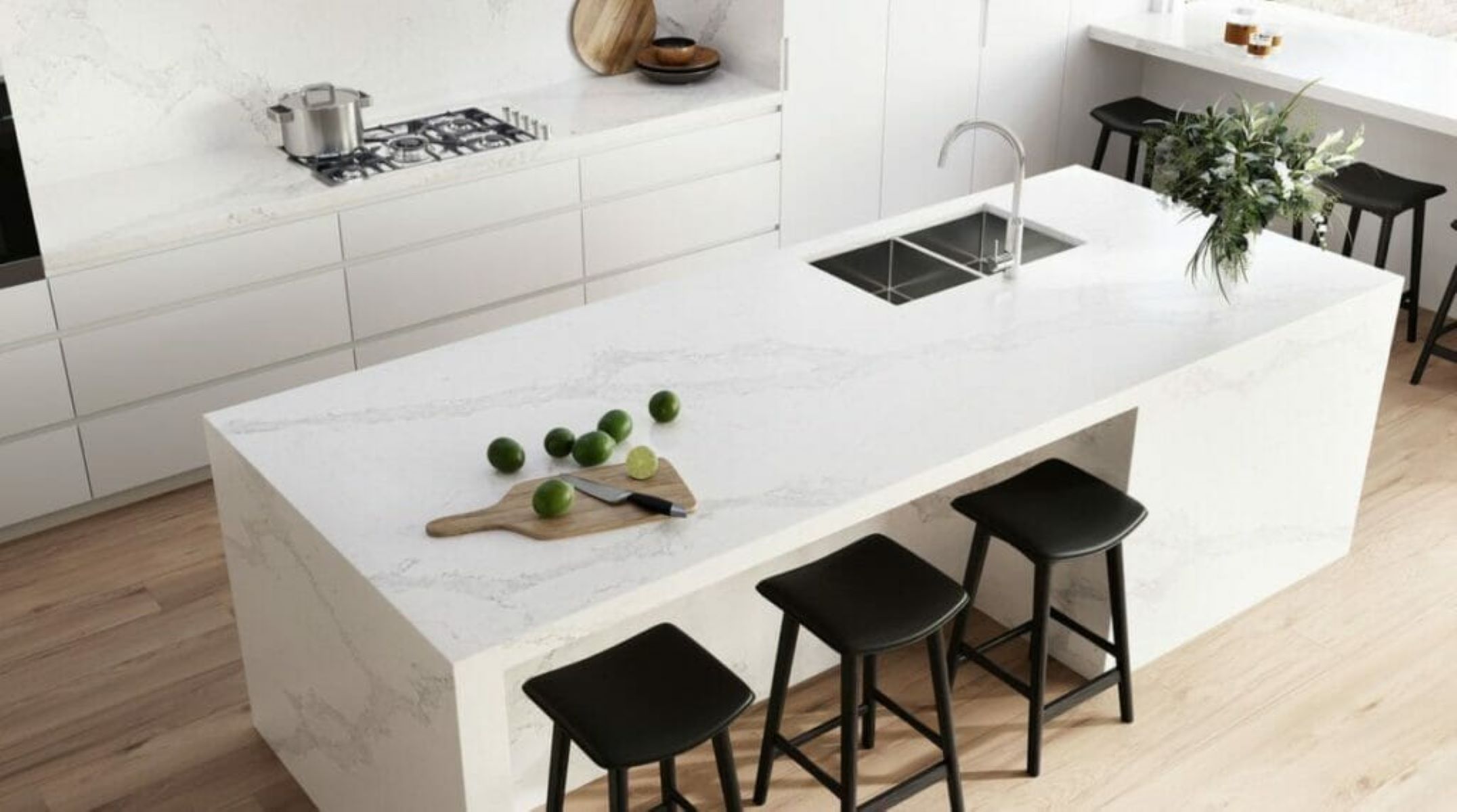
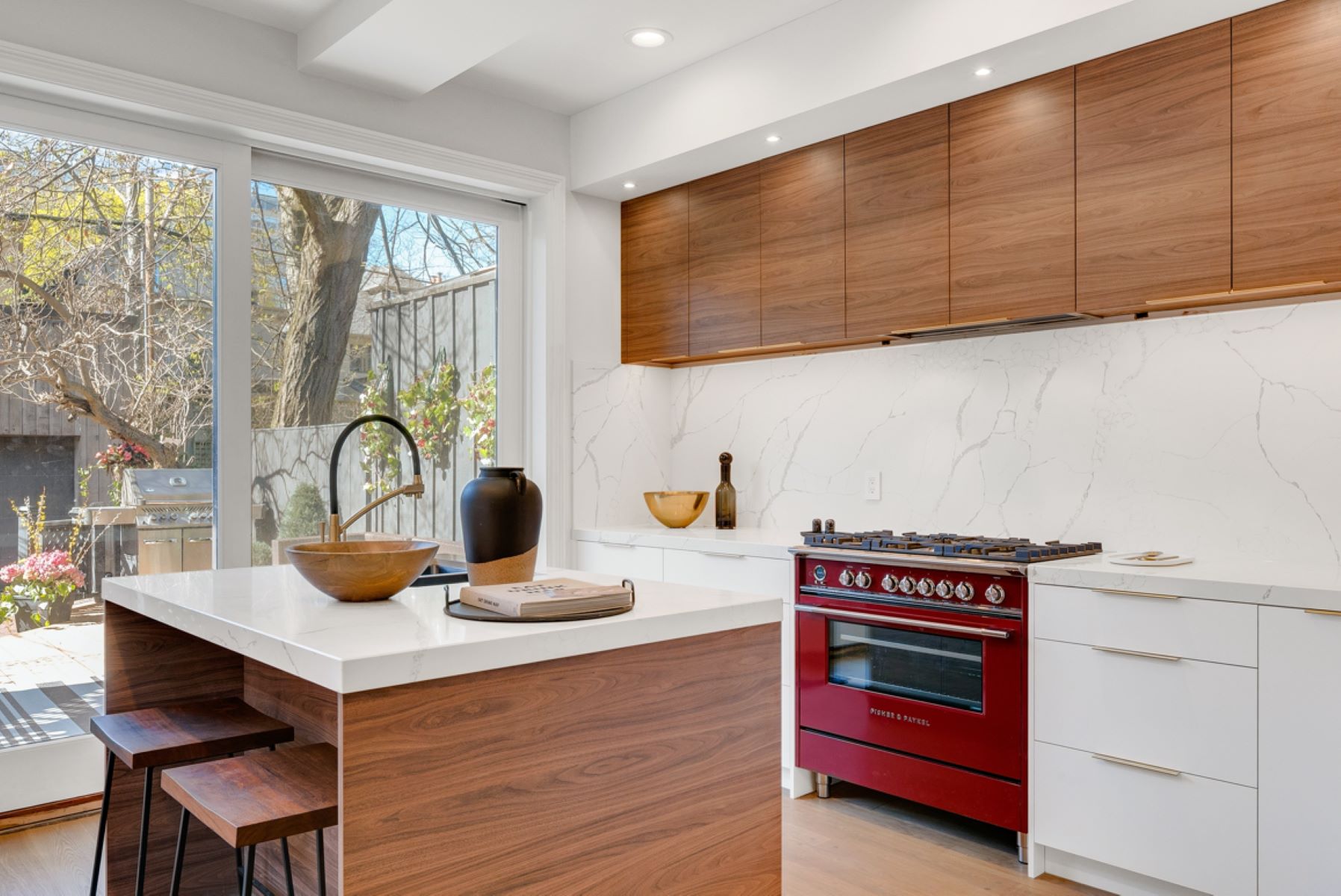
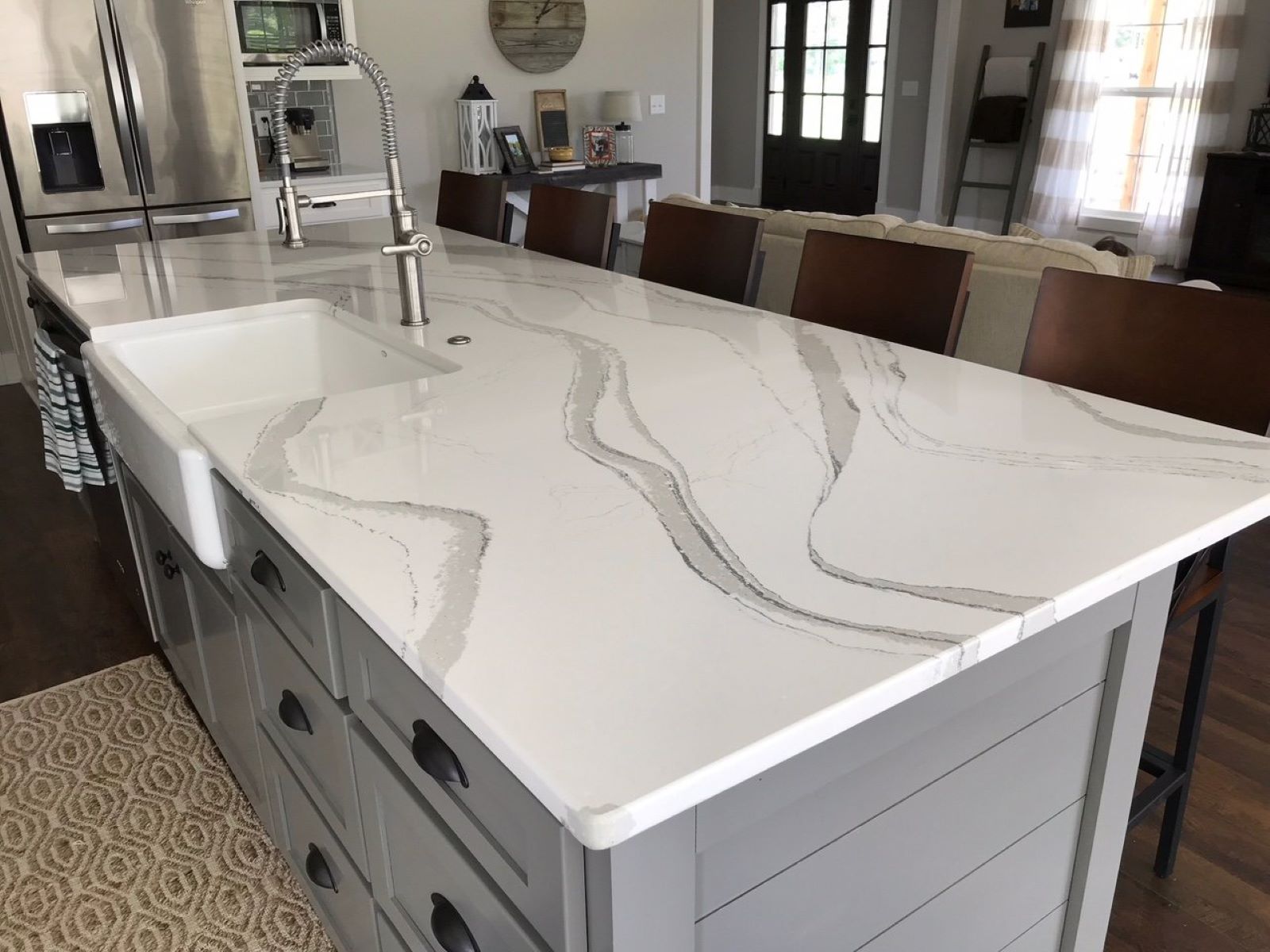
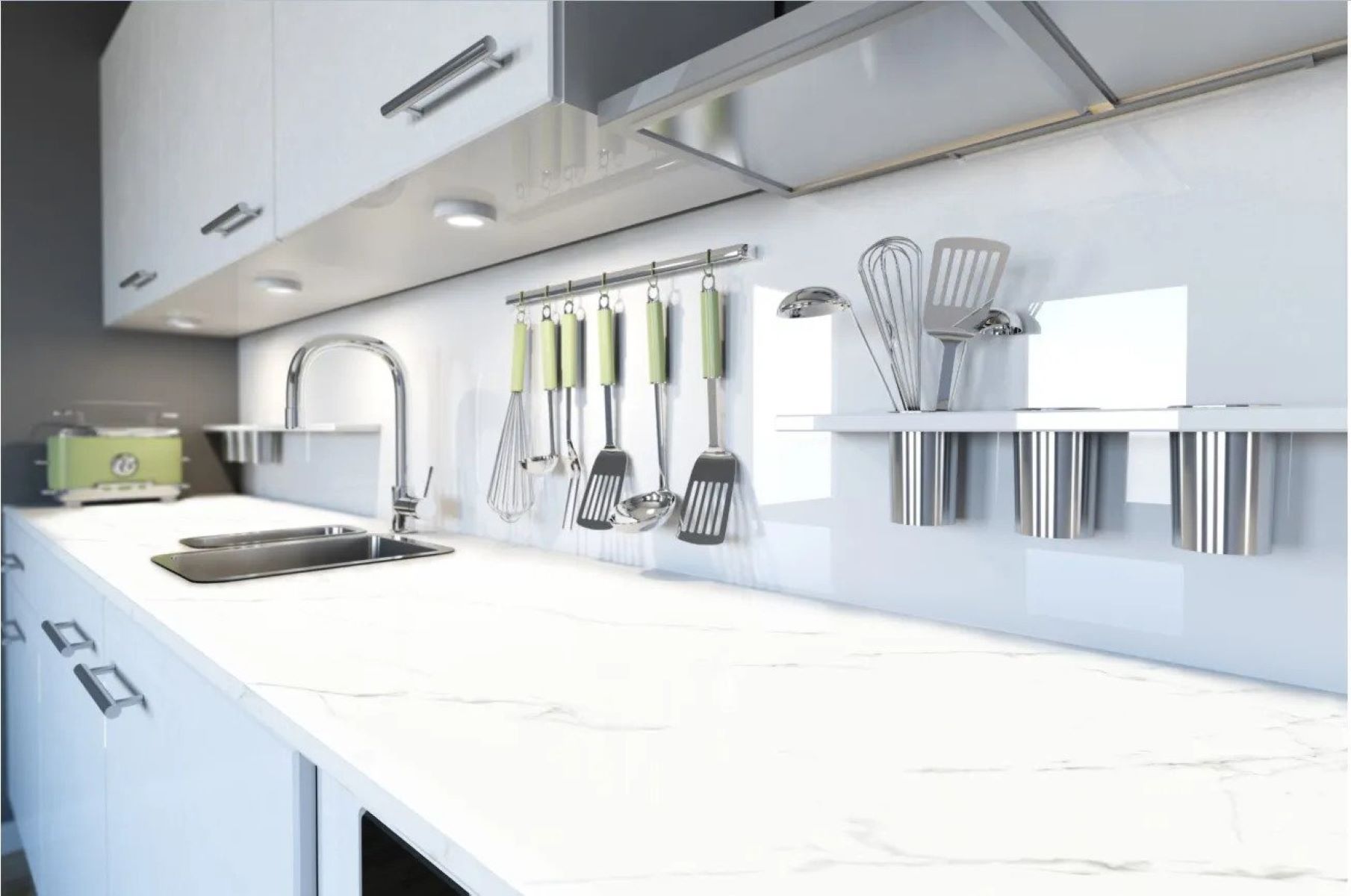

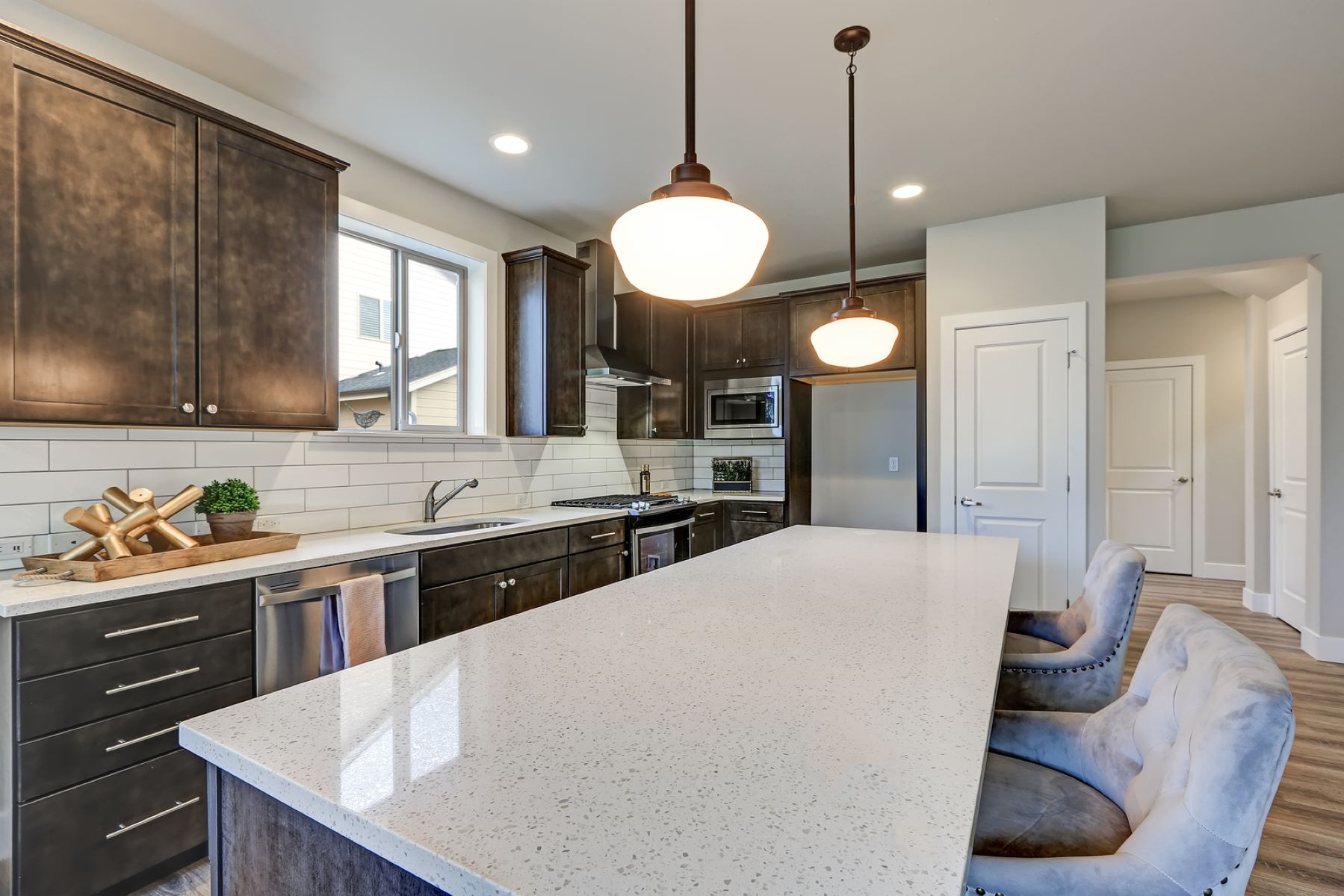

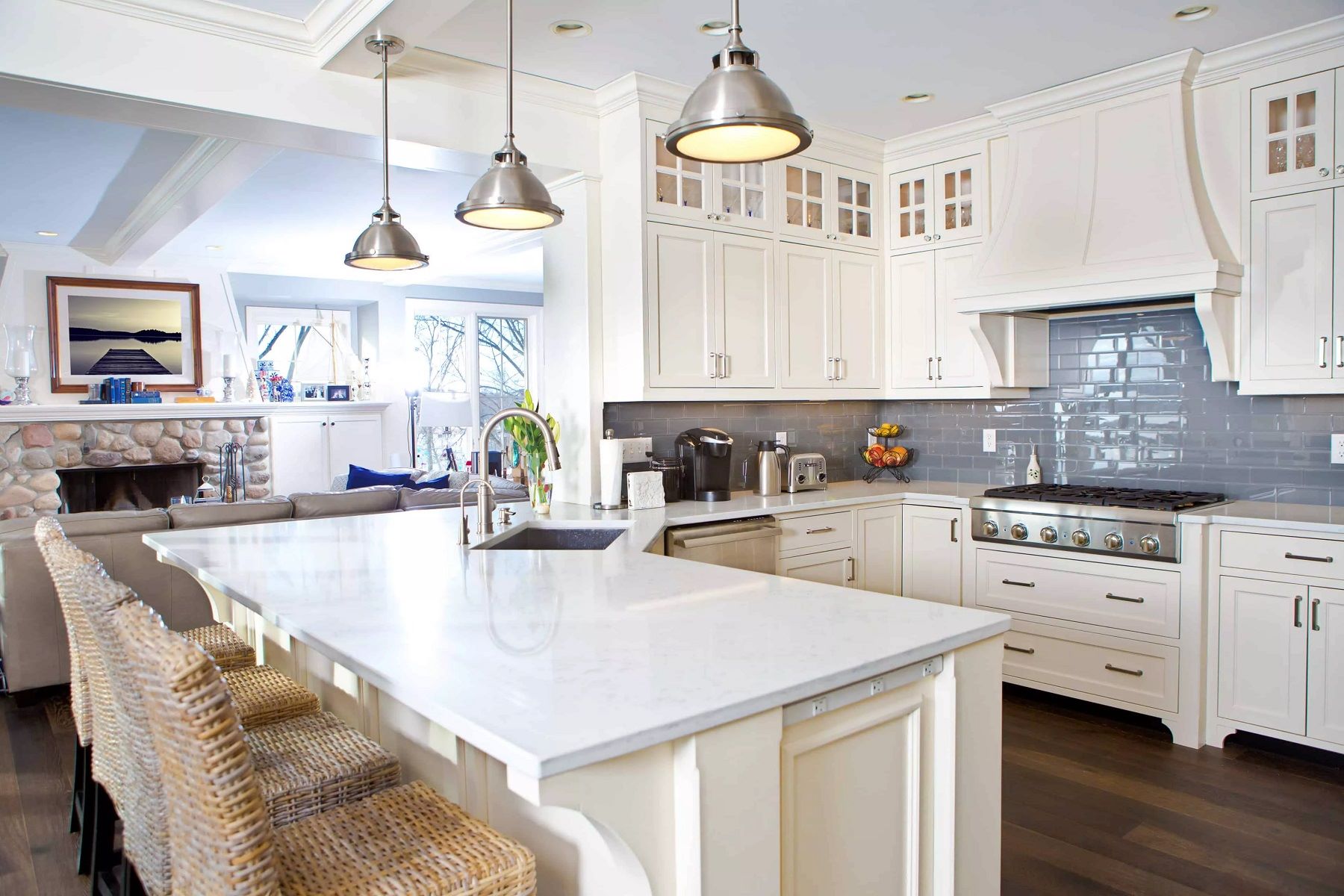
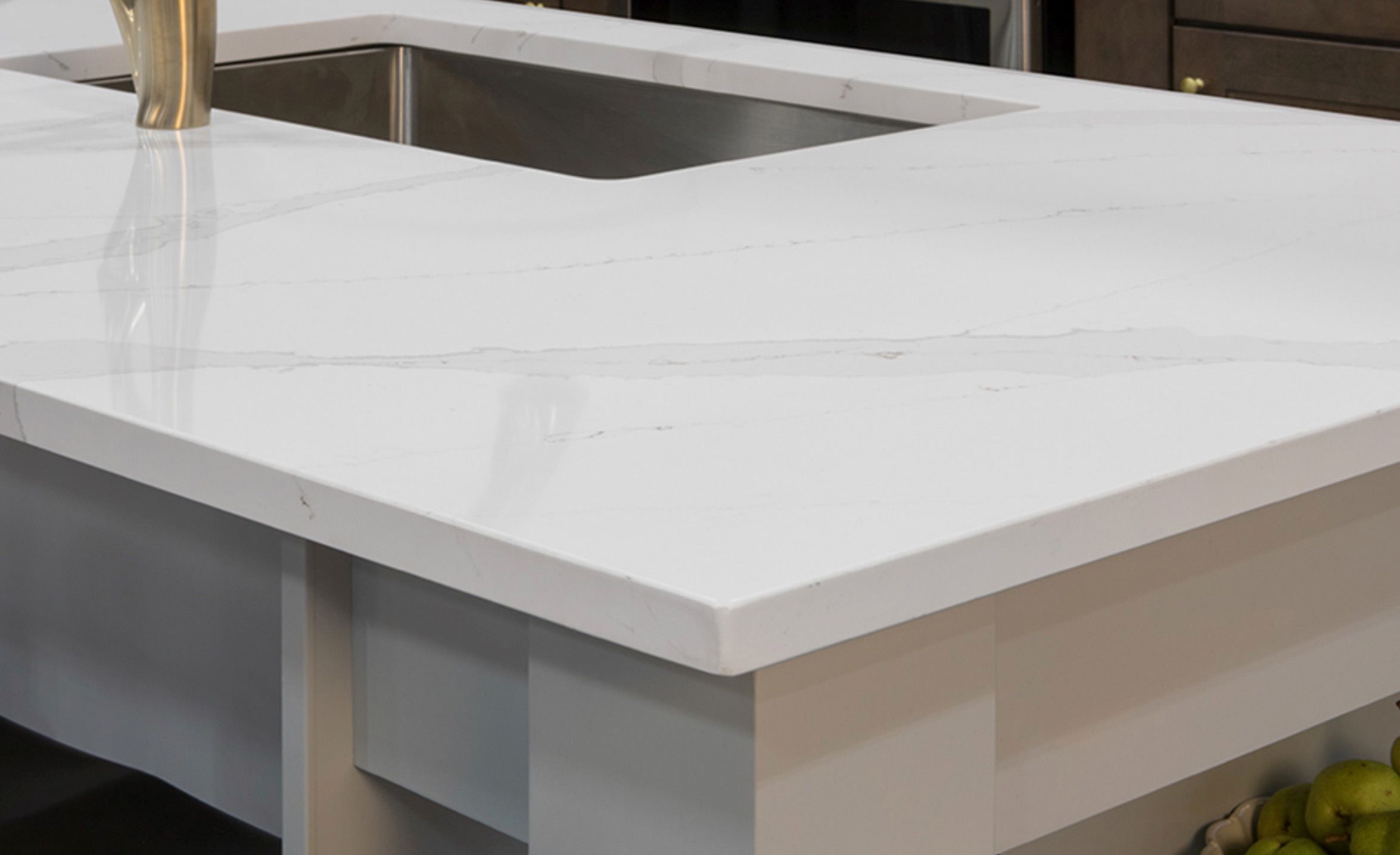
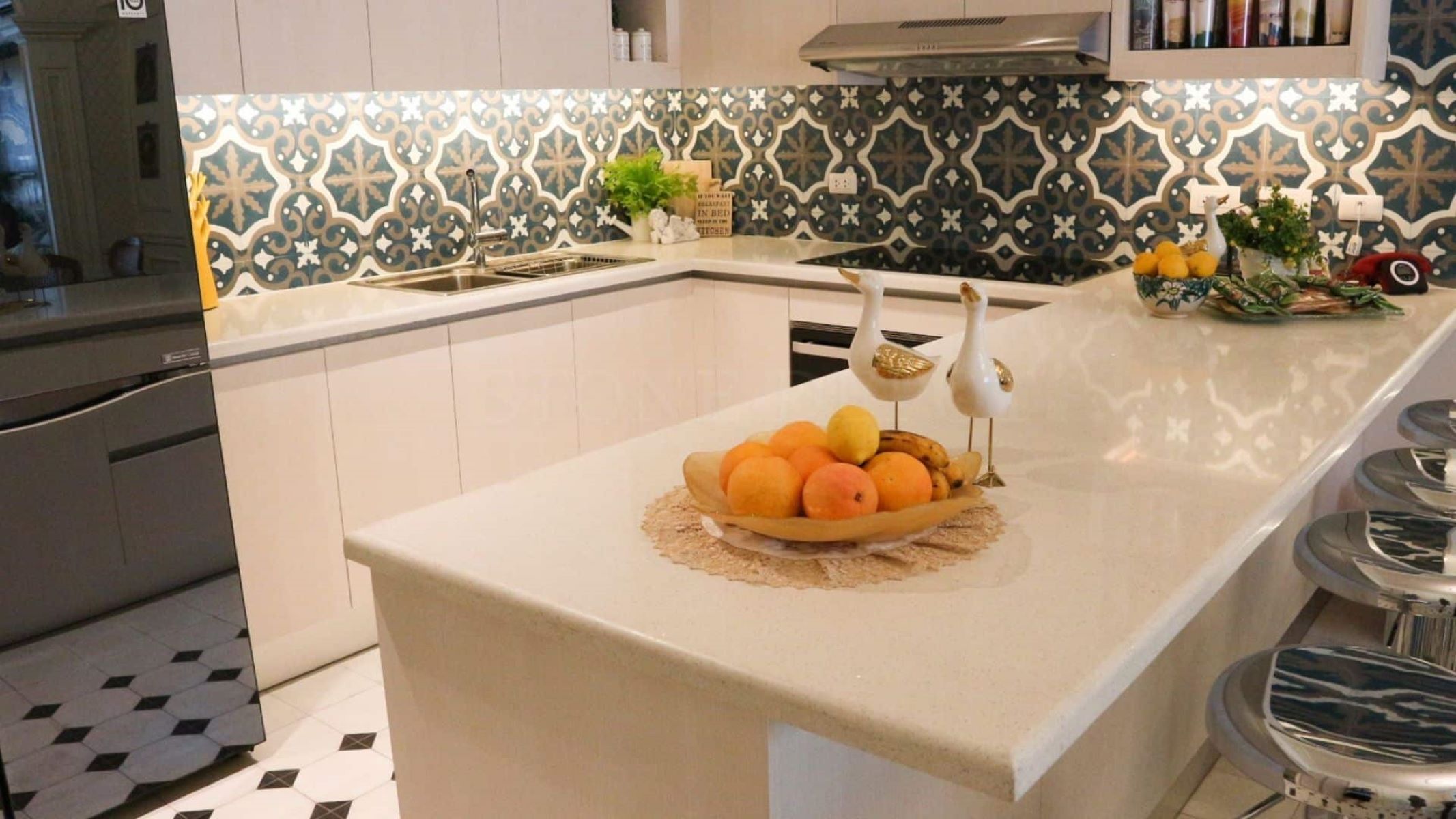
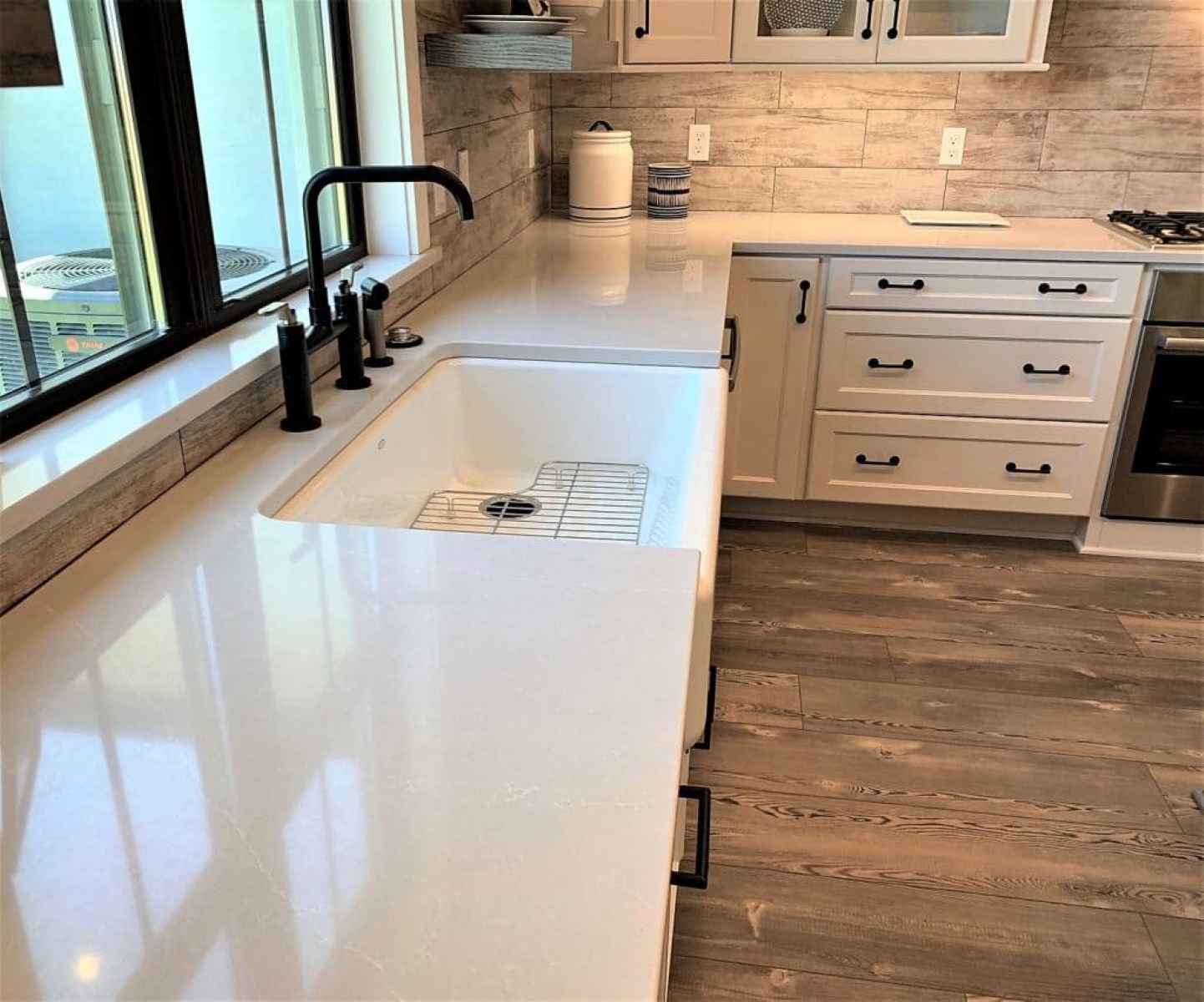

0 thoughts on “Quartz Or Granite Countertops: Which Is Better”